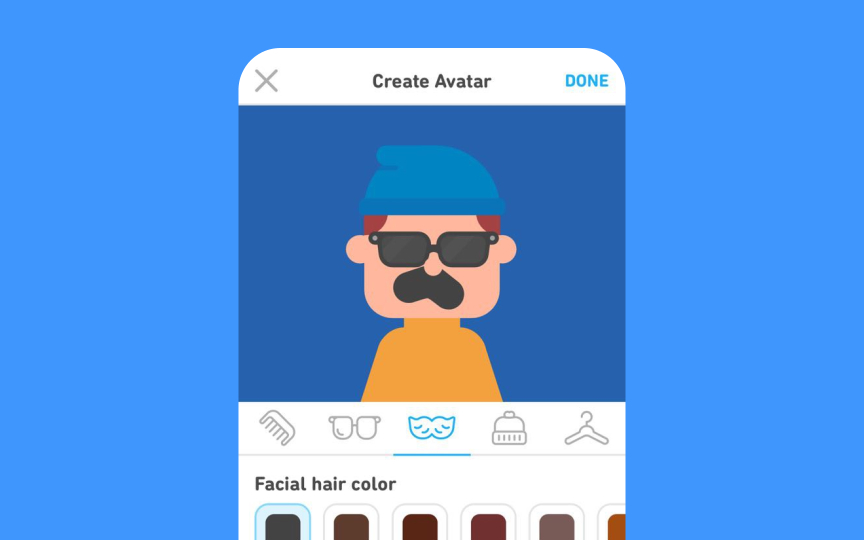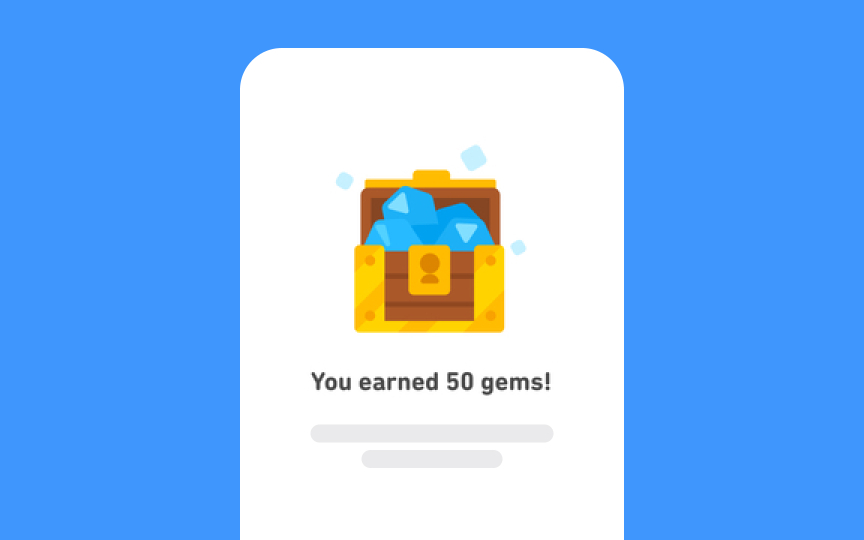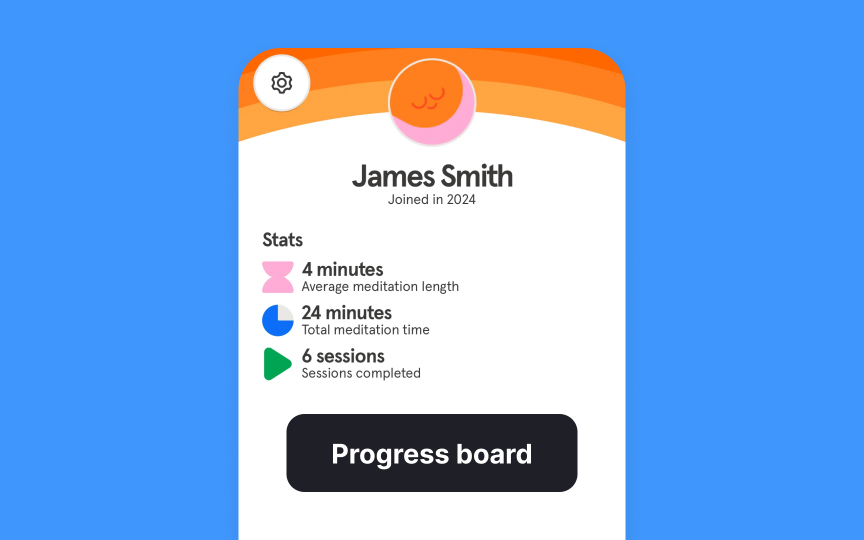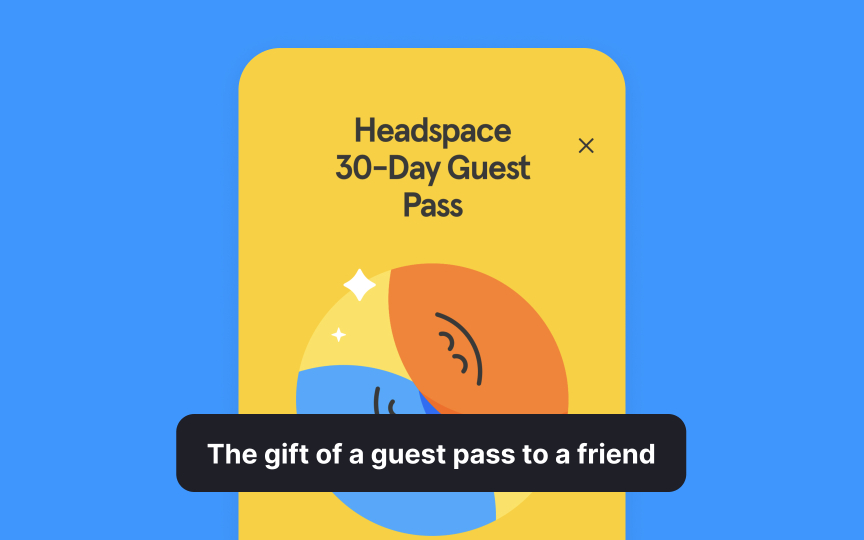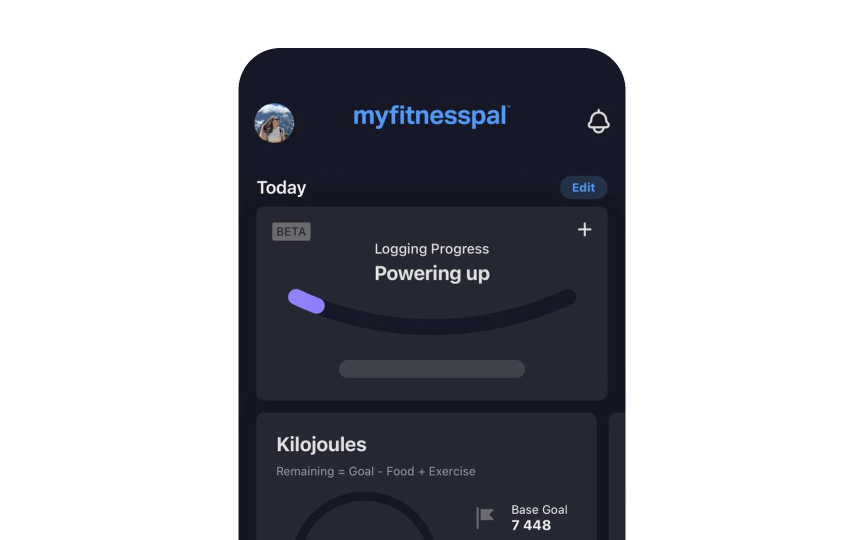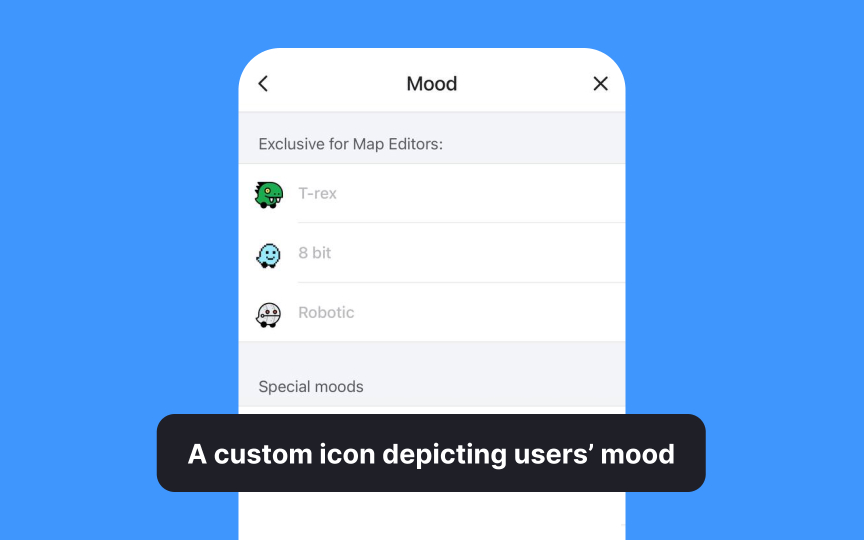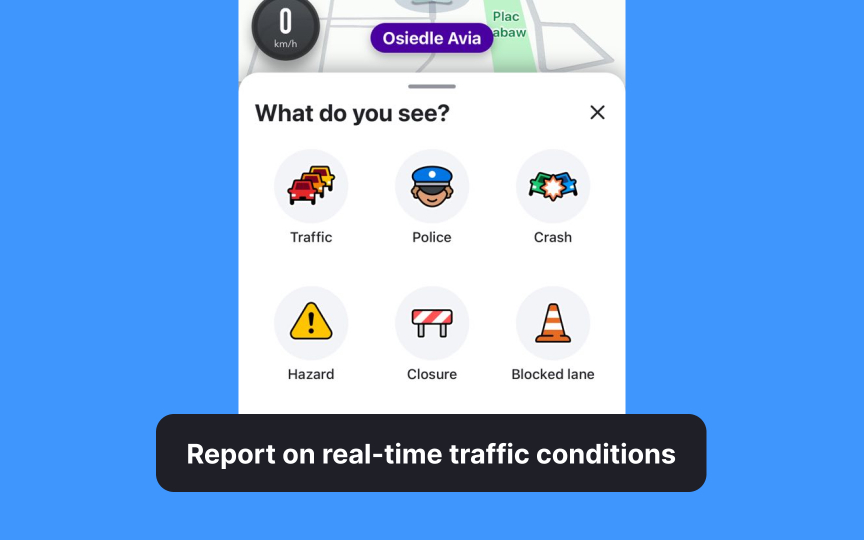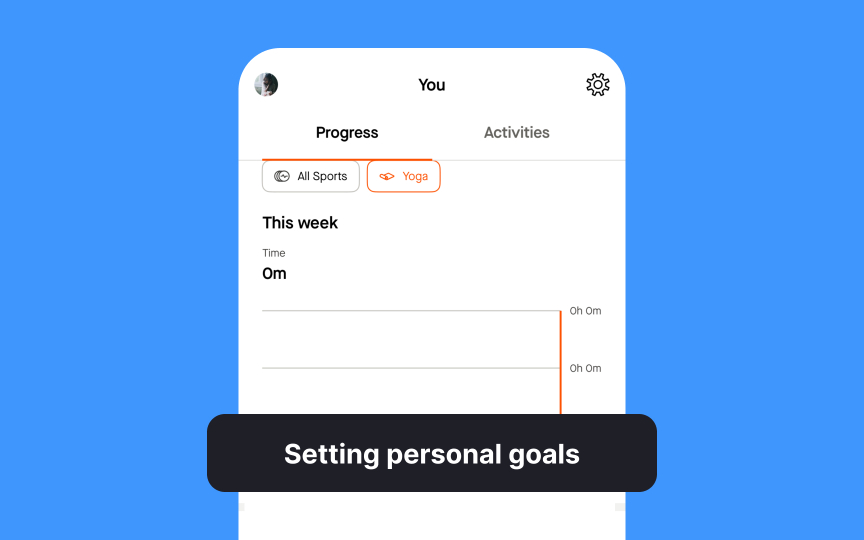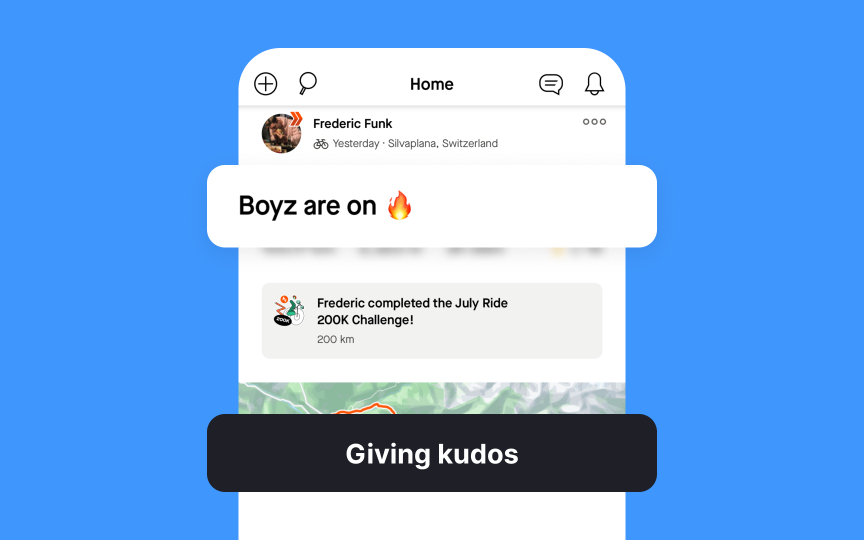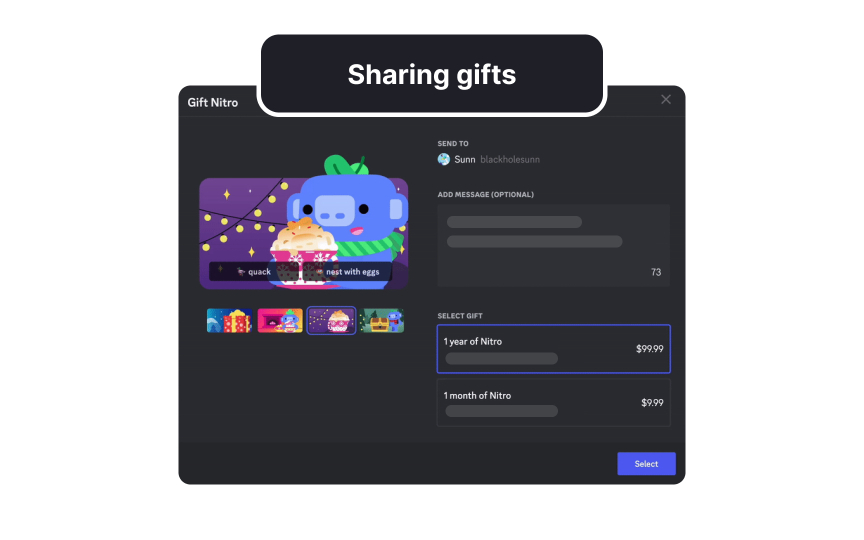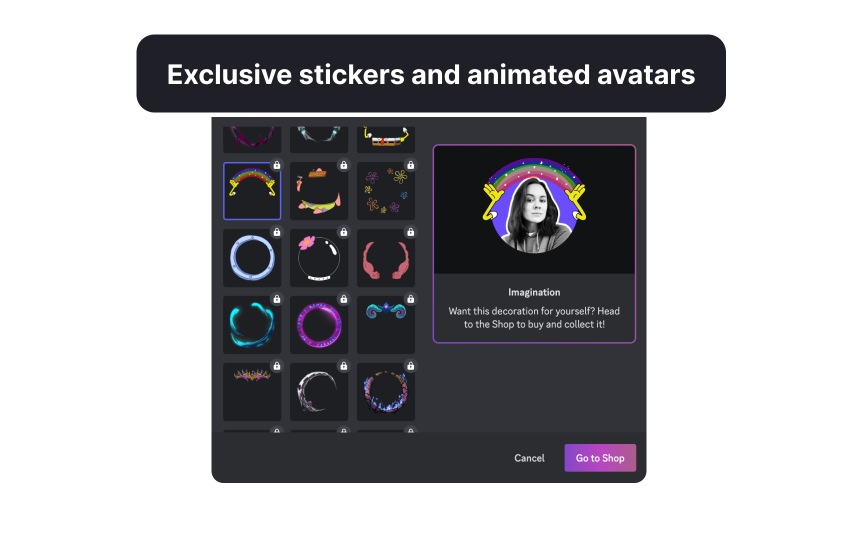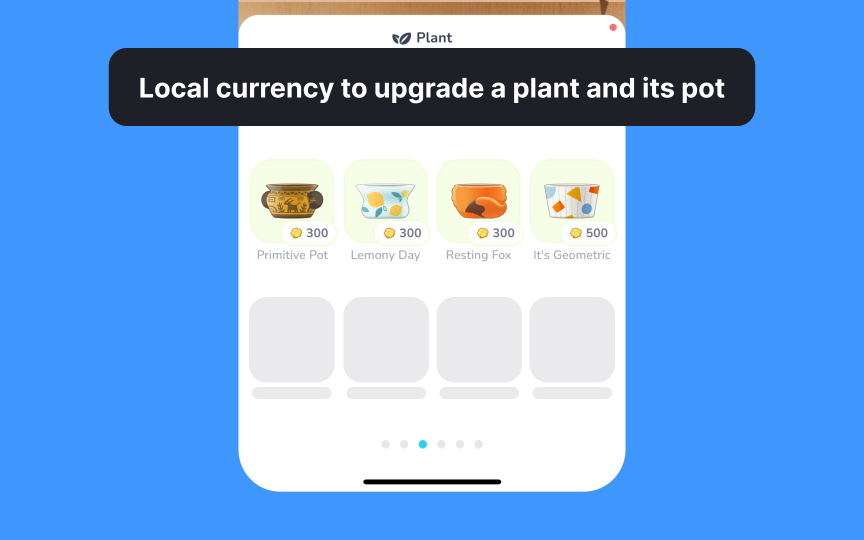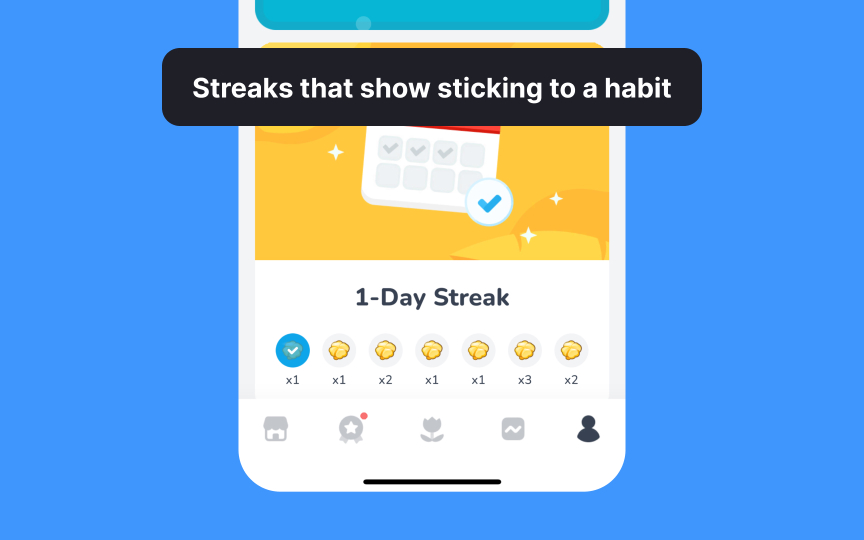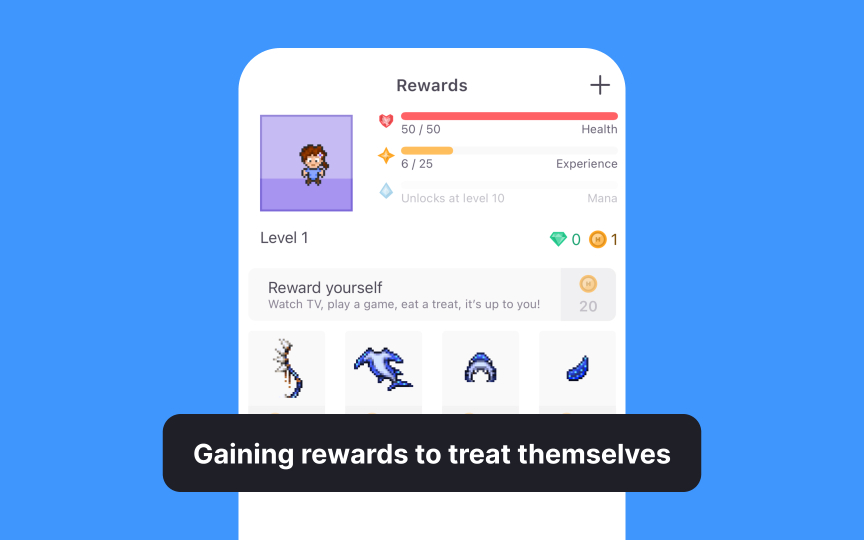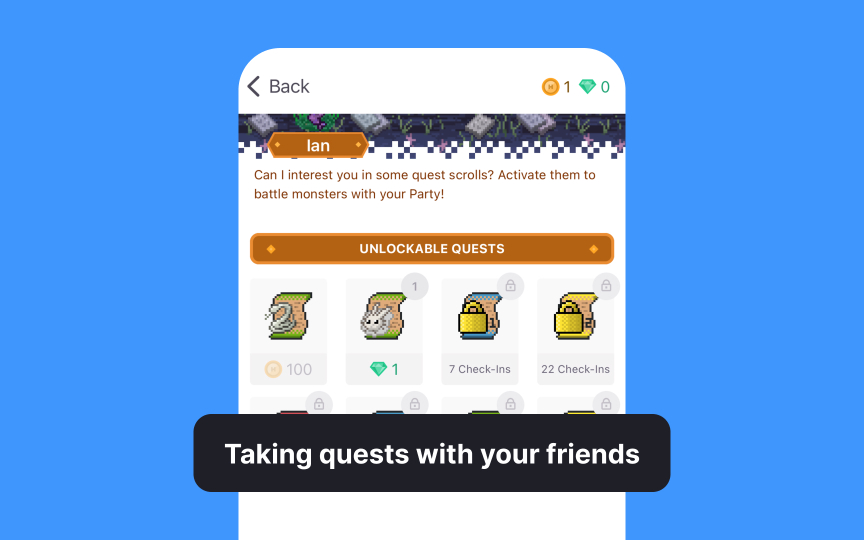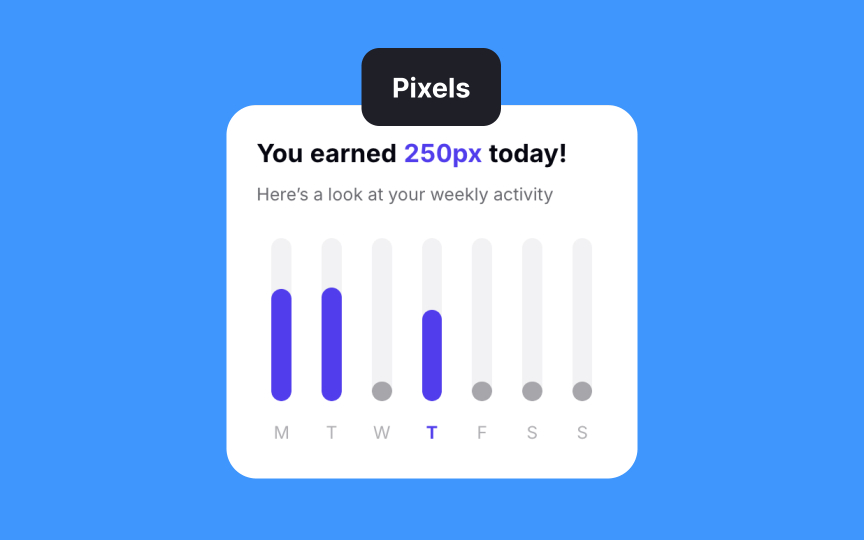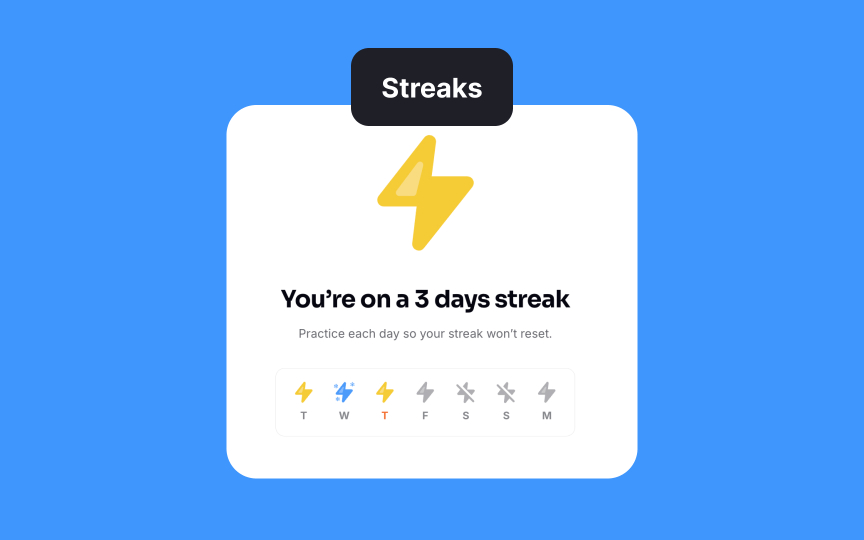Best Industry Examples of Gamification
Explore real-world examples of gamification in top apps and learn which techniques truly drive success
Gamification has become influential in various industries, especially in education, fitness, health, and professional development. Many platforms use points or virtual currency to reward users for completing tasks, providing immediate gratification and encouraging ongoing engagement. Displaying top performers creates a competitive environment, motivating users to improve their performance.
However, gamification has potential pitfalls. Over-reliance on competitive elements like leaderboards can discourage users who find it hard to keep up. Constant reminders and notifications, meant to motivate, can sometimes become burdensome, leading to stress or burnout. In health and fitness apps, gamification can sometimes foster unhealthy behaviors such as obsessive tracking and eating disorders. Balancing motivational elements with user well-being is crucial for the successful use of gamification. Keeping users engaged while promoting healthy and sustainable habits ensures a positive and effective experience.
Duolingo uses several
- Gems/lingots: These are virtual currencies earned by completing lessons and daily quests. They can be spent in the app's shop. This system motivates users by rewarding their efforts and giving them something to strive for.
- Streaks: Streaks count how many consecutive days users complete lessons. This creates a habit of daily learning. Features like the "weekend amulet" and "streak freeze" help users maintain their streaks even if they miss a day or two, which keeps them from losing motivation.
- Experience points (XP): XP shows progress and mastery of the language. Setting daily XP goals encourages consistent practice. It gives users immediate feedback and a sense of accomplishment.
- Leaderboards: Users earn points for completing courses, and these points put them on a leaderboard. This creates a sense of competition and community. However, some users might find the competition discouraging if they can't keep up.
- Achievement badges: Badges are rewards for reaching milestones and are displayed on user profiles. They give a sense of recognition and motivate users to keep learning to earn more badges.
Headspace uses various
- Fun and easy onboarding: During the onboarding, users answer questions to customize their meditation experience. After registration, they can try a short meditation exercise. This smooth introduction helps users feel comfortable and motivated to begin their journey.
- Social features: Users can share the app with friends and gift a 30-day guest pass. These features promote community and support, encouraging users to stick with their practice.
- Progress tracking: Users can track their own progress and manage the frequency of their meditations. This helps them stay motivated by visualizing their achievements and maintaining a regular meditation schedule.
- Gamified meditation exercises: Headspace makes meditation more engaging through gamification. For example, during breathing exercises, an illustrated flower expands and shrinks with each breath, accompanied by soothing sounds.
Sticking to your fitness routine or a new meal plan can be challenging, especially if you're a beginner. The MyFitnessPal team used these key
- Personalized onboarding: The app starts with a quick survey to set a personalized plan. Users enjoy answering questions about themselves and appreciate tailored recommendations, making them more committed to their fitness journey.
- Virtual rewards: MyFitnessPal offers virtual rewards for milestones like consistent meal logging or meeting exercise goals. These rewards provide a sense of accomplishment and motivate users to maintain healthy habits.
- Food tracking: Users can log their food by scanning barcodes or taking pictures of meals. This feature tracks macronutrients, including fats, carbs, and protein.
- Social features: The app has a strong community aspect where users can join groups to share recipes, find support, and participate in chit-chat.
- Push notifications: MyFitnessPal uses reminders to prompt users to log meals or complete exercise routines. While motivating, these reminders can sometimes feel like pressure, potentially leading to unhealthy behaviors if not managed well.
Reddit uses several
- Upvote/downvote system: Users upvote valuable content and downvote unhelpful content. This encourages quality contributions and knowledge sharing by increasing visibility for good content.
- Karma points: Karma reflects users’ community contribution. Users gain karma for upvoted posts and comments and lose it for downvotes. This motivates positive contributions by addressing the need for recognition and accomplishment.
- Avatars and nicknames: Users can choose avatars and receive random, funny nicknames if they don't create their own. This adds a playful, personalized touch, enhancing engagement and fun.
- Joining communities: Users can join subreddits focused on specific interests. This fosters a sense of belonging and social interaction, allowing users to connect with like-minded individuals.
- Exclusive channels and invites: Some chats require invites, creating an exclusive feel. This caters to the need for belonging and status, as being part of exclusive groups is seen as a mark of recognition within the community.
Strava is a fitness app that uses
- Popular users to follow help newcomers feel part of the community and stay motivated, even if their friends aren’t on the app.
- Leaderboards drive competition by letting users compare their performance, boosting motivation through status and recognition.
- Challenges like “Ten Days Active” offer
badges that mark progress and give users a sense of shared achievement. - The social feed and kudos build connectedness and validation. Users can comment, share activities, and give kudos, creating a space where effort is seen and appreciated. This form of social feedback helps users feel part of something bigger. Personal goal-setting, on the other hand, is private and lacks this sense of mutual recognition.
- Team features and clubs foster community, support, and accountability through shared activities.
These elements make Strava feel social, rewarding, and motivating over time.
Discord is a instant messaging platform with over 150 million monthly active users. It uses several
- Servers: In Discord, users communicate within communities called "servers," which consist of various
chat and voice channels. Each server can be boosted to higher levels, unlocking perks like better audio quality and more emoji slots. This encourages teamwork and a sense of achievement among members. - Discord Nitro: This paid membership plan offers gamified elements such as custom emojis, exclusive stickers, animated
avatars , and increasedprofile customization. These perks meet the needs for self-expression and recognition. - Custom statuses: Free users can set unique statuses, adding a personal touch to their profile and enhancing their online identity.
- Gift system: Users can send and receive gifts, including Nitro subscriptions and YouTube membership codes. This feature creates intrigue and excitement, strengthening social bonds.
- Role and achievement badges: Servers assign roles and
badges to recognize members' contributions or achievements, providing recognition and encouraging active participation.
Plant Nanny helps users stay hydrated by gamifying water consumption. The app engages users through the following
- Visually stimulating: The graphics are crisp and adorable, creating an emotional connection to the task. Users choose a plant they like and "water" it every time they drink a glass of water. Seeing the plant dance with joy upon watering adds a delightful element, encouraging consistent hydration.
- Clear progress bars: Plant Nanny features progress bars that show users exactly how much water they’ve consumed and how much more they need to drink to reach their daily goal.
- Customization: Users can customize their experience by selecting different plant species, setting their daily water intake goals, and adjusting the volume of water per cup.
- Unlockable content: As users continue to hydrate themselves and their virtual plants, they earn
badges and rewards that can be used to unlock new levels, enhance pot decor, and get new plant species. This provides a sense of achievement and encourages continued use of the app to discover all the availablecontent .
Habitica is a gamified to-do list app that transforms everyday tasks into a role-playing game (RPG) experience. Here are the key
- Character creation and progression: Users design their own character and earn rewards like gold and experience points (XP) for completing tasks. This addresses the need for achievement and progress, as users see their characters grow over time.
- Rewards and equipment: Completing tasks rewards users with gold, which can be used to buy equipment like armor and weapons. This provides immediate gratification and a sense of accomplishment, fulfilling the need for rewards and recognition.
- Social interaction and teamwork: Users can join parties and go on quests together, fighting monsters and completing challenges. This fosters a sense of community and social connection, as users encourage each other and work towards common goals.
- In-game and real-life rewards: Users can use in-game rewards to treat themselves to real-life pleasures, like watching a favorite TV show. This balances productivity with relaxation, addressing the need for self-care and leisure.
Uxcel employs several
- Pixels (local currency): Users earn pixels by completing learning modules and activities. This addresses the need for immediate gratification and tangible rewards, motivating users to keep learning.
- Leagues: Uxcel places users into leagues based on their performance. Competing within these leagues fosters a sense of competition and community, encouraging users to improve their skills to climb higher in the rankings.
- Streaks: Uxcel tracks users' daily learning habits and rewards streaks for consistent participation. Maintaining a learning streak helps build a habit and reinforces the importance of regular practice. This addresses the need for routine and self-discipline.
- Leaderboard: The leaderboard displays top performers, motivating users to strive for excellence and gain recognition among their peers. Seeing their name on the leaderboard fulfills the need for status and achievement.
- Badges: Users earn
badges for completing specific tasks and milestones. This enhances motivation by offering clear, achievable goals and recognition for reaching them.
Similar lessons

Mental Models in UX Research

Psychological Theories Behind Gamification

